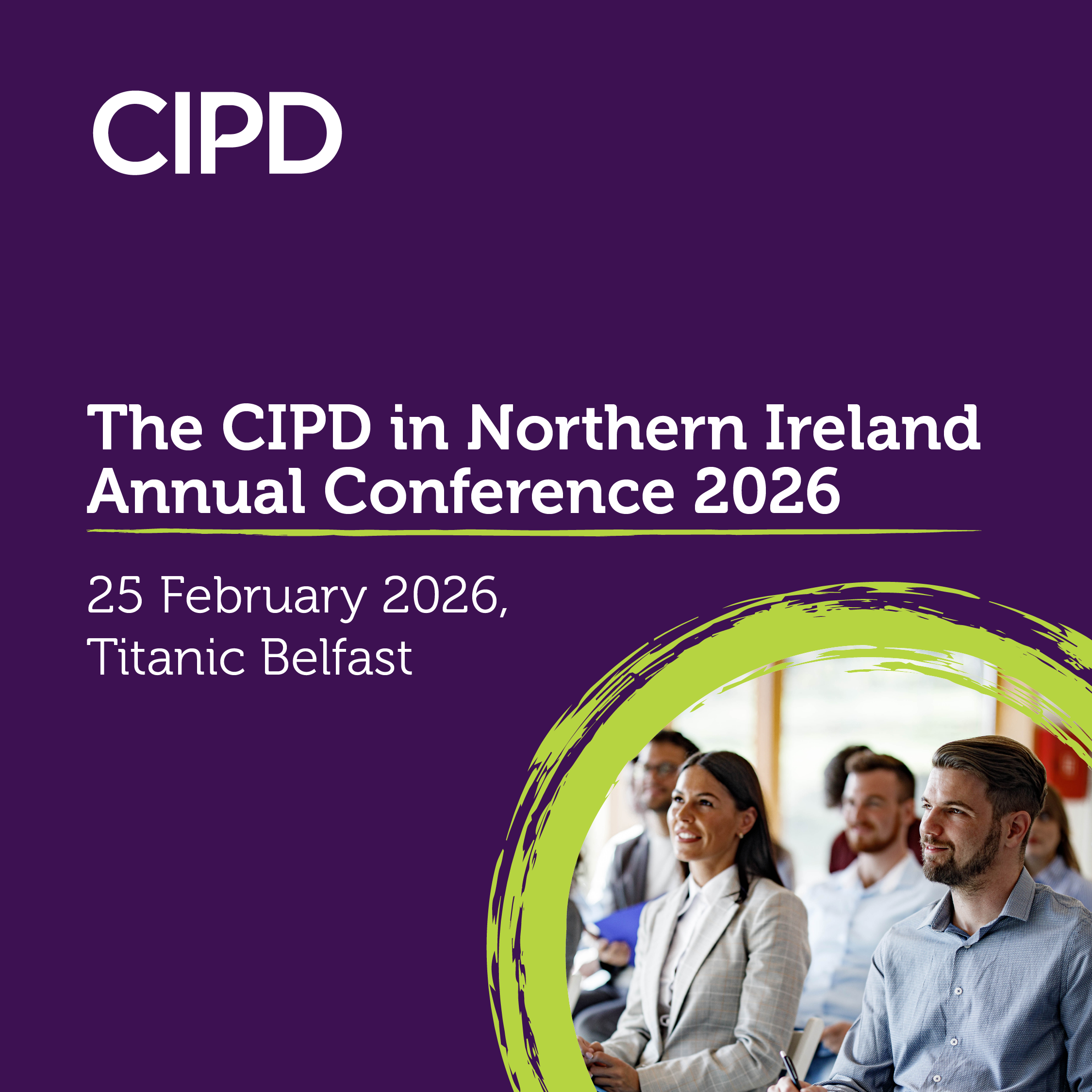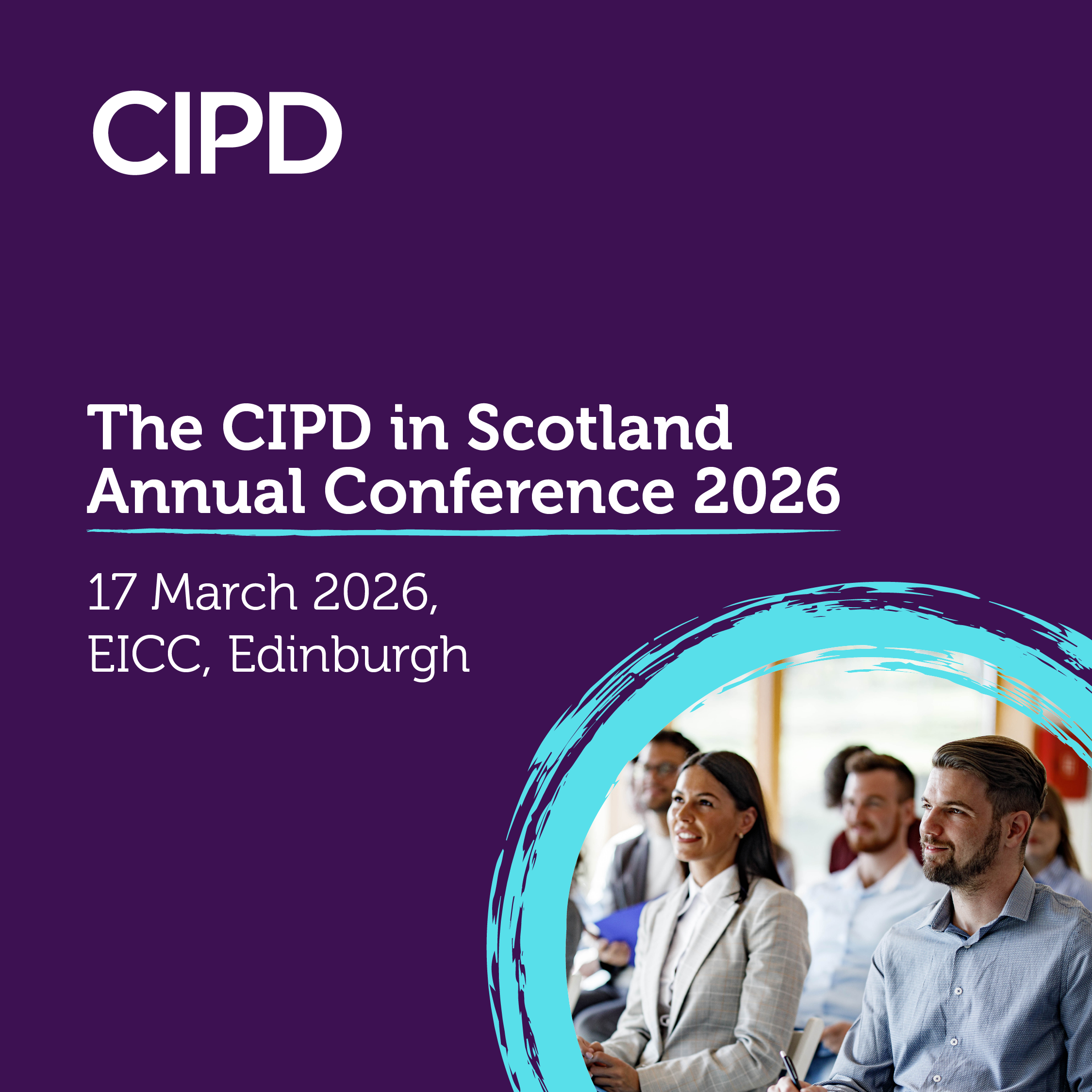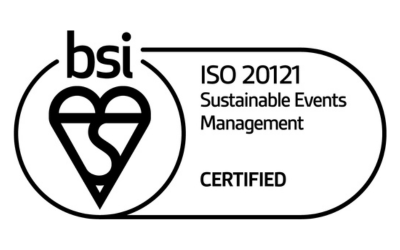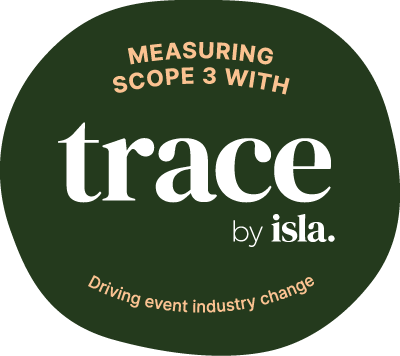We are committed to playing our part in creating a more sustainable future and are working hard to minimise the carbon footprint of our events. We have made considered choices in the planning of the agenda and selected our suppliers carefully to ensure they share our strong commitment to sustainability.
- Where possible we are swapping out high-carbon foods like beef and lamb for lower-carbon meats and prioritising vegetarian and vegan options, along with using seasonal and local produce to help lower the carbon footprint of the event. Food waste is a huge problem at events and a surplus of all options is no longer possible. There will always be food available for delegates but it’s possible popular choices will run out.
- We focus on a paperless event experience and do not provide printed agendas/programmes. All of our event marketing is online.
- Working closely with our speakers to find digital and environmentally friendly solutions to things like session handouts and resources which would previously have been provided on paper
- We no longer have any giveaways like pens, handouts and event guides. Please bring your own pen, notepad and drink bottle. This seems like a small change but if everyone at the conference brings their own, this could save several tonnes of carbon by removing the use of resources and waste that are needed to produce notebooks and pens.
- Our conference delegate badges made of paper (FSC certified) and no plastic badge wallets are used. We’ll also be collecting lanyards after the conference, to help with our recycling efforts.
- We are utilising digital signage where possible and if printed signage is required we use sustainable signage from paper or fabric which can be recycled or repurposed.
We will be gathering information from all our suppliers around their waste and sustainability initiatives. In partnership with Isla, we are using the TRACE platform to measure our emissions and reduce our carbon footprint in 2025 and beyond.









